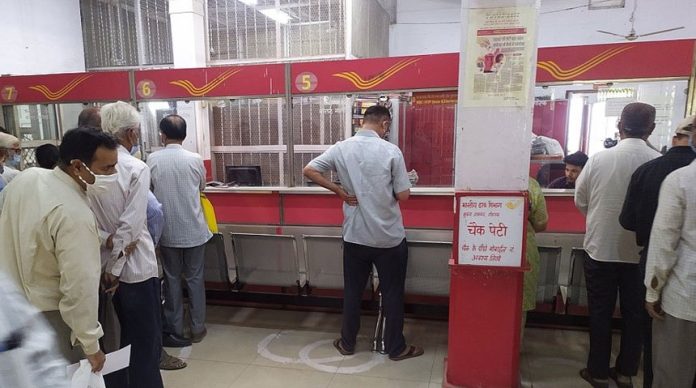This is a great small savings scheme. You can start it at any post office in the country. Its maturity period is 5 years. Significantly, post office schemes are considered one of the safest investment options.
If you are looking for a safe option to invest your hard earned money, then the Post Office Savings Scheme can prove to be perfect for you. Post Office is trusted by the whole of India for many years and being backed by the government, its savings schemes are absolutely risk free.
You can invest in the National Savings Certificate Scheme of the Post Office. This is a great small savings scheme. You can start it at any post office in the country. Its maturity period is 5 years. Today we will tell you about this scheme in detail so that you can make it easier to decide about the investment of money.
Scheme Details On investment in National Savings Certificate (NSC), you get an interest of 6.8 per cent per annum. This is more interest than FDs of most banks. You can start investing in it with Rs 1,000. Also, there is no limit on the maximum investment in NSC i.e. you can invest as much money as you want and you will get more interest on it than FD.
Along with this, you will also get tax exemption under the Income Tax Act on investments up to Rs 1.5 lakh. In NSC, you can buy certificates of Rs 100, 500, 1000, 5000, 10,000 or more. An adult can also take this certificate for his child.
How much return will you get
If you invest Rs 10 lakh in NSC and you get 6.8 per cent return every year during the lock-in period of 5 years, then with compounding this amount will become Rs 14 lakh.
Who is eligible for investment You must be at least 10 years of age to invest in National Savings Certificate. However, the control over this account will remain with the guardian of the child. This account will be converted into a Vyks account when the child attains the age of 18 years. Indian citizens of 18 years or more can invest in this by themselves. In this you also get the facility to open a joint account. You can open a joint account of NSC with only 2 not 3 people.













